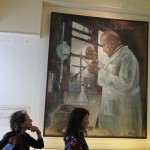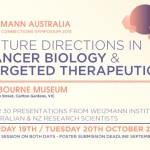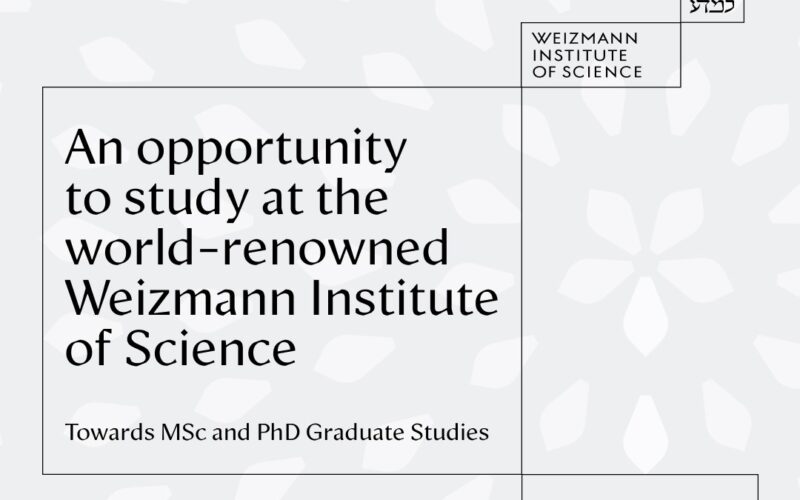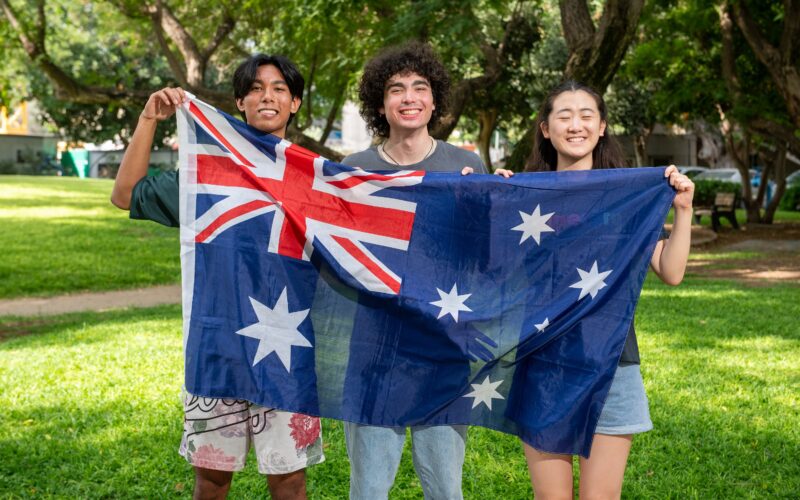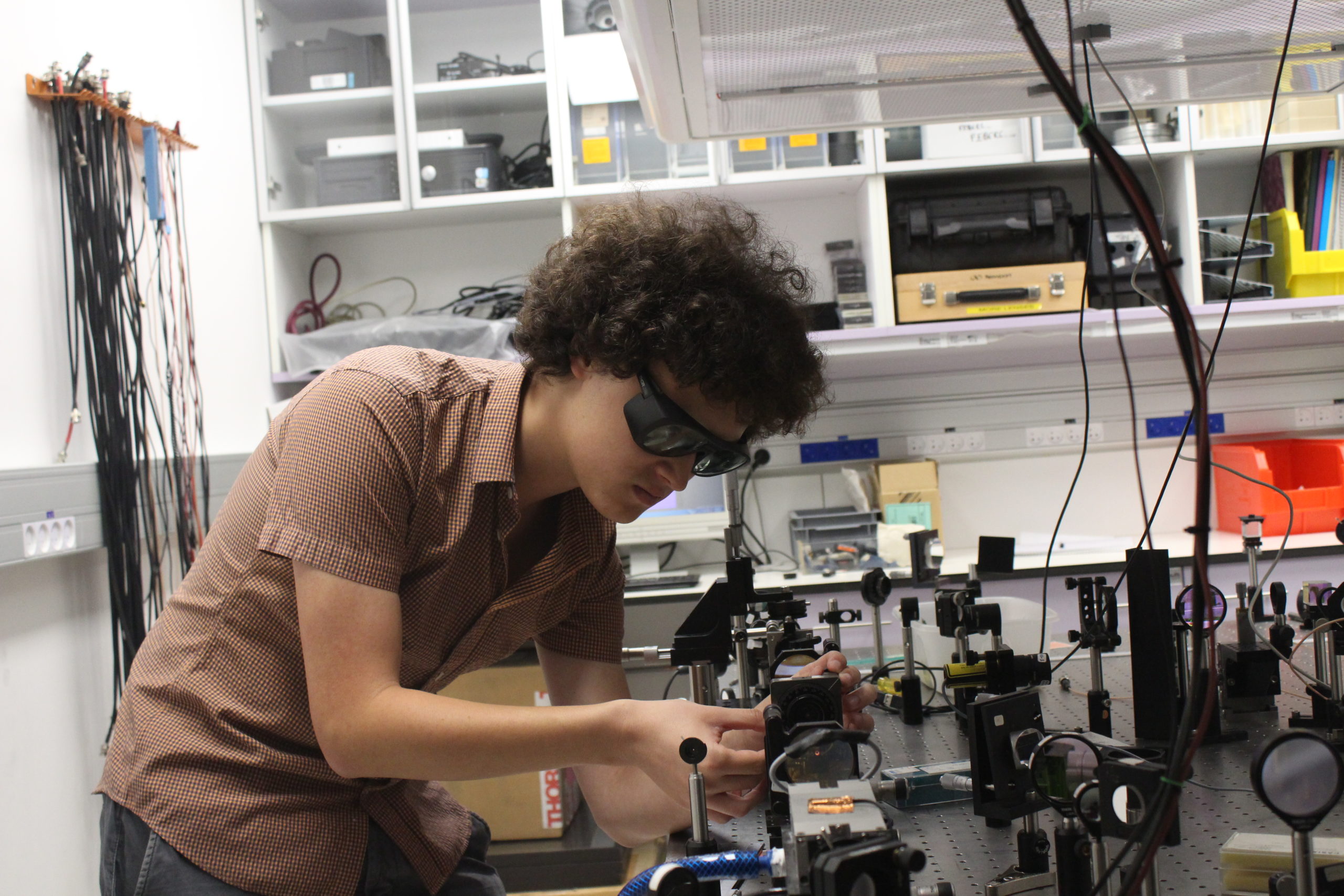
February 22, 2016
The breakthrough cancer therapy, currently making headlines for a United States study of leukaemia patients, has its origins at the Weizmann Institute of Science, Israel.
Using genetically modified T-cells from the blood, the team at the Fred Hutchinson Cancer Research Center, where the research was carried out, reported that one study saw symptoms vanish for 94% of participants with acute lymphoblastic leukaemia. In another study, patients with other blood cancers had a response rate greater than 80%, with more than half experiencing complete remission.
The results have been called ‘extraordinary’ and as The Times of Israel has reported, Weizmann Professor Zelig Eshhar was the first scientist in the world to work on this technique to treat cancer.
“I’m not surprised to hear about the results,” said Professor Eshhar in the article. “In our lab we cured many rats and mice of cancer. I have been saying for years that we could do this in people as well.”
The treatment involved extracting T-cells – our white blood cells that fight disease – from the body, which were then genetically modified to develop a stronger cancer response. This was done by equipping them with synthetic molecules called chimeric antigen receptors (CARS), designed to target the cancer cells. Normally our white blood cells fight disease, but when the body is weakened by cancer this is not possible. The T-cell modification has therefore boosted the effectiveness of the T-cells and in a focussed manner.
Eshhar was thrilled with the results: “I felt a great sense of satisfaction upon hearing the news. The next task of my lab and others working on this is to expand it and try to attack other forms of cancer,” he told The Times of Israel.
For over a decade Eshhar has worked on T-cell research and in 2014 was recognised in the publication Human Gene Therapy for his ground breaking work, along with Dr Carl June of the University of Pennsylvania. Eshhar’s article for this occasion entitled “From the Mouse Cage to Human Therapy: A Personal Perspective of the Emergence of T-bodies/Chimeric Antigen Receptor T Cells,” detailed the mechanics of CAR T-cell immunotherapy and how it was effective in mice. This then allowed the US team to take the research the next step further, into humans.
Although the results are exciting Eshhar cautioned not to take these as a cure for cancer.
“More work is needed. One issue with this kind of therapy is that you have to develop specific T-cells for each kind of cancer. But studies like these are a great impetus to move forward with research. I believe the day will come when we will see many more cancers treated in this manner,” he concluded.

